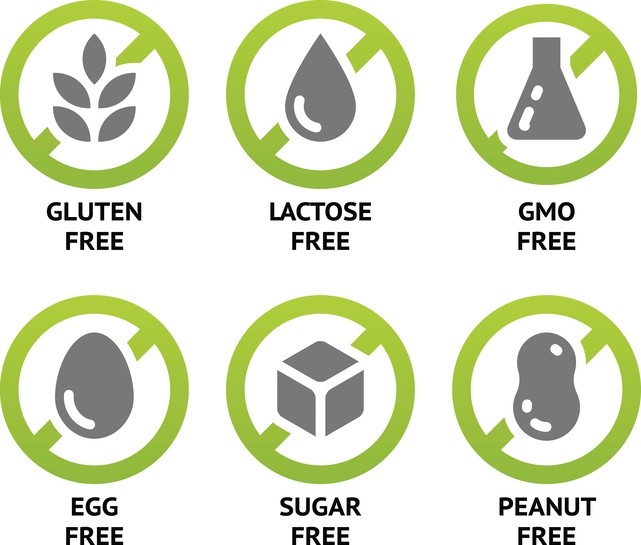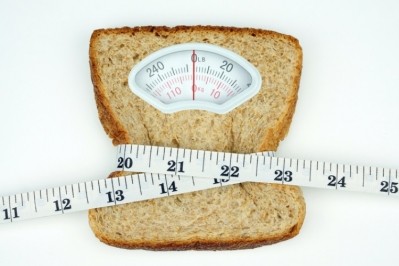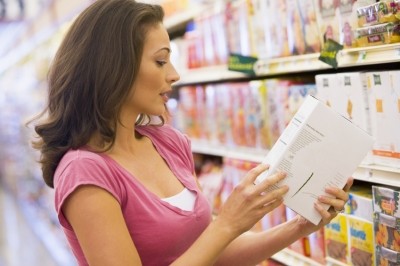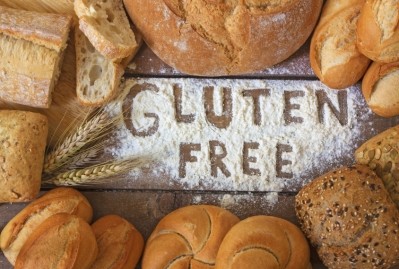Free-from foods are seen as healthier - especially GM-free and palm oil-free: study

The researchers, from Switzerland's ETH Zurich and the Brussels-based European Food Information Council, wanted to find out how various free-from labels - lactose-free, gluten-free, GM-free and palm oil-free - shape perceptions of foods.
They found that products bearing a free-from label were considered healthier than products without such a label, with the strongest effects occurring for labels indicating that products were free of GMOs and free of palm oil.
However, the more nutritionally informed an individual was, the smaller the 'health halo' effect was.
The study
The researchers recruited almost 2000 individuals from four European countries and asked them questions on their nutrition knowledge, general interest in health, trust in the food industry, preference for food naturalness and how much information they looked for on product packaging.
Participants were then shown online images of products both with and without free-from labels. They saw bread, pasta and cookies for the gluten-free logo; cheese, milk and yoghurt for lactose-free; oil, corn and chocolate for GM-free; and margarine, chocolate spread and chocolate for palm oil-free.
Each product was a commercially-available food in each country and all respondents were the primary or joint primary grocery shoppers in their households.
National differences
Not all nationalities had the same free-from perceptions. Both Polish and French participants saw GMO-free products as healthier compared with Swedish and British respondents while Polish respondents also rated gluten-free products more positively than the other countries.
Perhaps unsurprisingly, French respondents were most receptive to palm-oil free and GM-free claims. The researchers suggested this may be due to French government policy. “Public debate and negative media coverage [in France] as well as the contemplated tax ban on palm oil and restrictive regulation of GMO in food and crops could be drivers of the negative image these ingredients have in the French consumer sample,” they wrote.
For all four of the free-from labels, younger participants were more likely to consider labelled products healthier.
Use with caution
But the fact that the perceived healthiness of, say, a lactose-free milk is exactly that – perceived and not necessarily real – means manufacturers should be cautious using free-from labels, Professor Michael Siegrist from ETH Zurich's Department Health Science and Technology said.
“Some consumer interpret free from labels in a wrong way. The industry may be tempted to use such labels, because a more positive perception of foods - even if not justified - may sound too good," he told FoodNavigator.
"In my view the industry should be cautious with using free from labels, however. It could create mistrust if consumers realise that free from products may not be healthier.”
Willingness to pay
There was a high amount of variance in willingness to pay a price premium – between 29 and 36% - with individuals who frequently seek out nutrition information on packaging more likely to pay more.
In general, however, the researchers note “a low likelihood” in the four countries, of individuals paying a higher price for labelled products.
The French respondents expressed the strongest intentions to pay more for palm- and GM-free, and while Polish participants in particular perceived gluten-free and lactose-free products to be healthier, they did not indicate willingness to pay more.
The authors noted “some suspicion towards food institutions among European consumers” but wrote this did not seem to impact the perceived healthiness of free-from products.
The study was partially funded by the European Palm Oil Alliance but the authors say the Alliance had no involvement in the data analysis or interpretation.
Source: Food Quality and Preference
“European consumer healthiness evaluation of ‘Free-from’ labelled food products”
Available online ahead of print, 19 December 2017,doi.org/10.1016/j.foodqual.2017.12.009
Authors: Christina Hartmann, Sophie Hieke, Camille Taper and Michael Siegrist

























